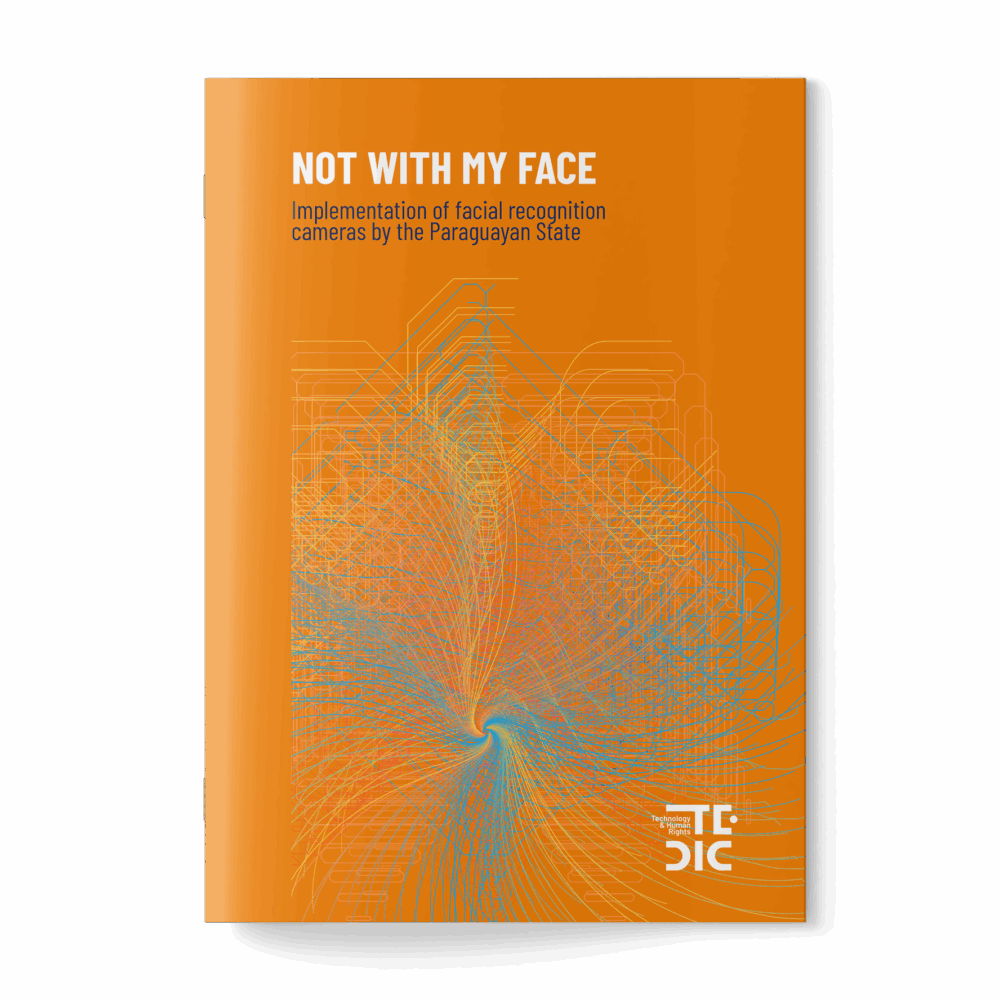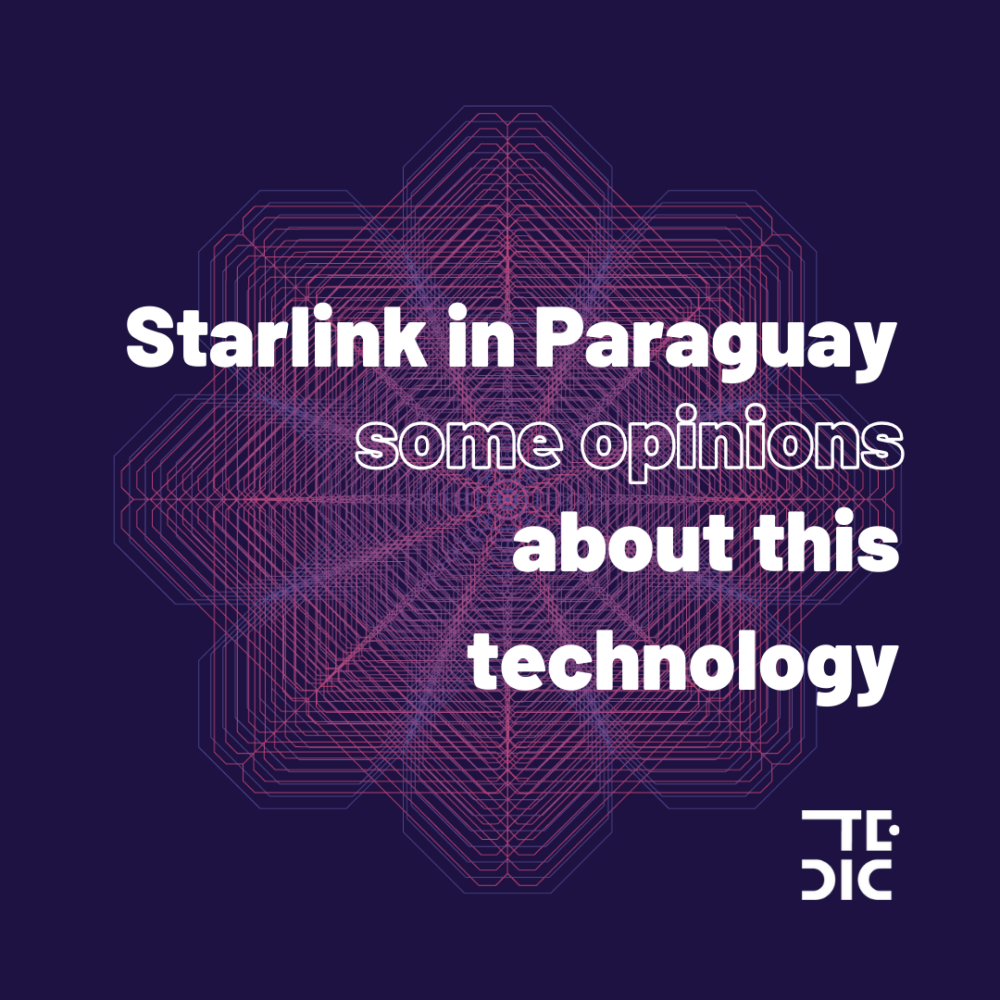
This study analyzes the implementation of facial recognition cameras in Paraguay, highlighting key concerns related to transparency, human rights and corruption. Since 20181, TEDIC has warned about the risks and potential ineffectiveness of these technologies. However, their expansion has continued without adequate regulation, exacerbating issues such as the lack of documentation of stolen or lost cameras and the purchase of inefficient equipment.
The report indicates that, since 2018, Paraguay’s National Police has significantly increased the use of facial recognition cameras. However, the results have been ambiguous, raising concerns about privacy and the security of personal data. In addition, concerning patterns of questionable acquisitions were identified, along with an alarming lack of transparency in tender processes, creating conditions conducive to corruption.
The study also questions the legality of using the Universal Service Fund (FSU) of the National Telecommunications Commission (CONATEL) to finance these purchases, arguing that they do not align with the fund’s objectives. In addition, it highlights the urgent need for comprehensive personal data protection legislation and criticizes the lack of transparency in institutional responses
to public information requests.
In its conclusions, the report emphasizes that the acquisition and use of facial recognition cameras was conducted without an adequate legal framework, violating human rights principles and exposing the population to mass surveillance and discrimination. Therefore, the research calls for close monitoring of ongoing public sector projects and urges that these issues be addressed from a global and human rights perspective, given the growing trend of implementing invasive technologies without adequate protection of civil liberties.


 Starlink in Paraguay: are there risks or concerns about this technology?
Starlink in Paraguay: are there risks or concerns about this technology?  [Research] Technology-facilitated gender-based violence against women politicians in Paraguay
[Research] Technology-facilitated gender-based violence against women politicians in Paraguay